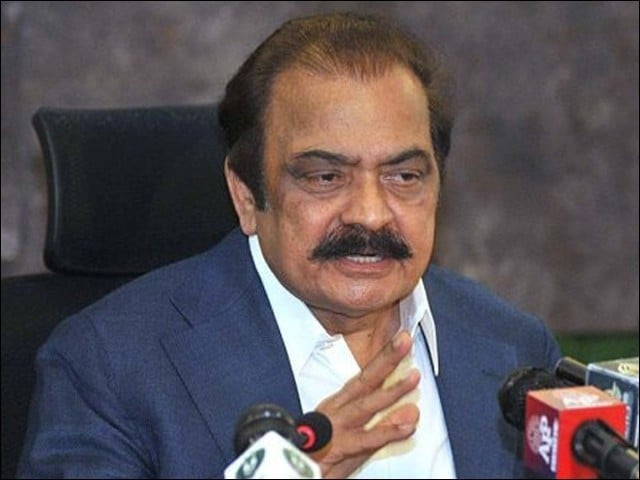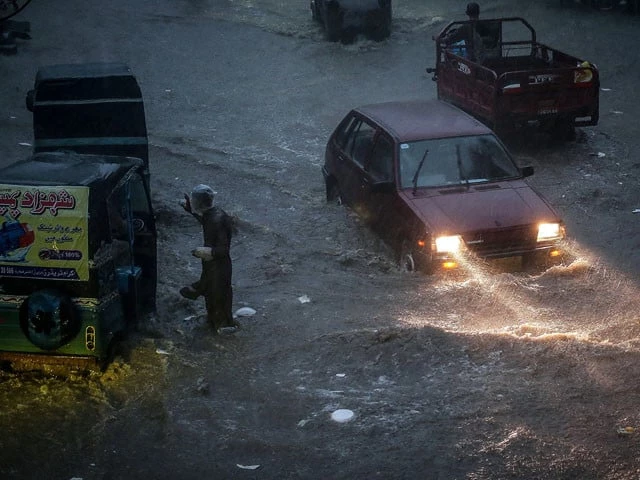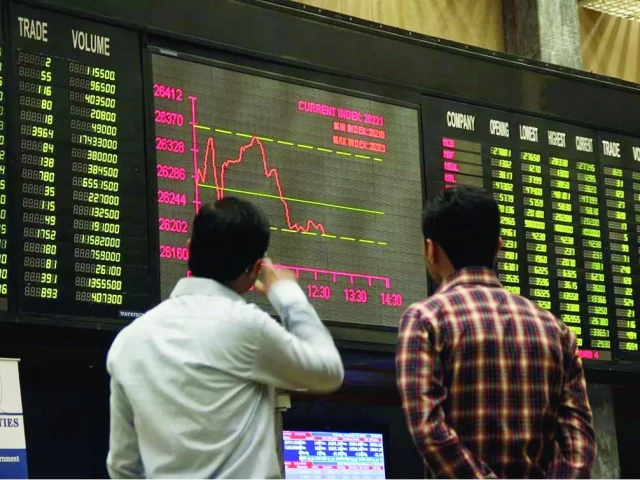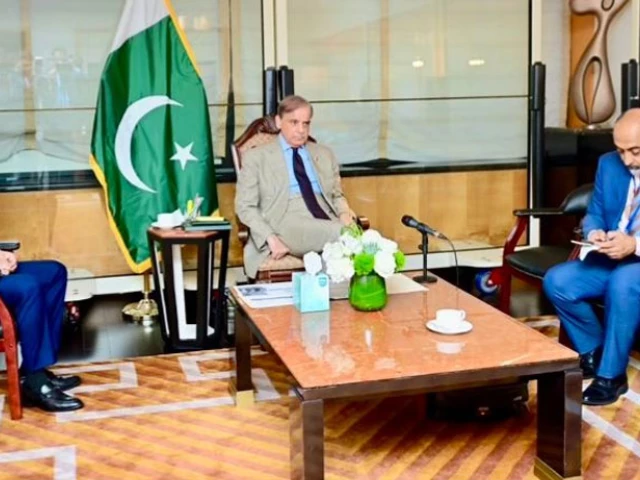A Call for Unity: Political Dynamics Amidst Security Challenges in Pakistan
In recent days, Pakistan has seen a surge of political dialogue amidst rising security tensions along its borders. During a press conference in Faisalabad, Rana Sanaullah, the Prime Minister’s Adviser on Political Affairs, made a strong statement aimed at the Pakistan Tehreek-e-Insaf (PTI) party. He urged them to stand shoulder-to-shoulder with the Pakistan Army, especially in light of recent border skirmishes with Afghan forces. This call for unity seems particularly timely, given the intense atmosphere surrounding these security issues.
The Pakistani Army faced significant challenges last weekend when Afghan forces opened fire at multiple locations along the western border. Regions like Khyber-Pakhtunkhwa (K-P) and Balochistan were among the worst hit. The Inter-Service Public Relations (ISPR) reported losses on both sides, with 23 soldiers having embraced martyrdom, a sobering reminder of the fragility of peace in the region.
Sanaullah emphasized that political parties, particularly PTI, need to recognize the sacrifices made by the armed forces and the importance of national unity in the face of such threats. He noted that if PTI desires a meaningful role in the political landscape, aligning with the military could pave the way for them.
In response, PTI leaders like Salman Akram Raja pointed out that simply blaming one party for terrorism is not a solution. They argue that the complexities of terrorism cannot be resolved through military might alone. Rather, constructive dialogue and reforms are key—an approach previously championed by Imran Khan. Raja highlighted that during PTI’s tenure, incidents of terrorism notably decreased, emphasizing the need for a more nuanced approach to security.
This dialogue raises important questions about the relationship between political factions and national security in Pakistan. The emphasis should be on collaboration rather than division, especially when ordinary citizens bear the brunt of violence. The history of political maneuvering in Pakistan indicates that attempts to discredit opposing parties can often lead to greater instability, something leaders from across the political spectrum must consider seriously.
As the conversation continues, it’s clear that finding common ground in an increasingly polarized environment is crucial for the safety and prosperity of Pakistan. Moving forward, perhaps a focus on shared goals—like national security, economic development, and social cohesion—could foster a more cooperative political atmosphere.
For those keen on diving deeper into these issues or exploring similar topics, Pro21st offers a wealth of resources and discussions aimed at encouraging meaningful engagement in Pakistan’s evolving political landscape. Stay informed and connected!
At Pro21st, we believe in sharing updates that matter.
Stay connected for more real conversations, fresh insights, and 21st-century perspectives.





